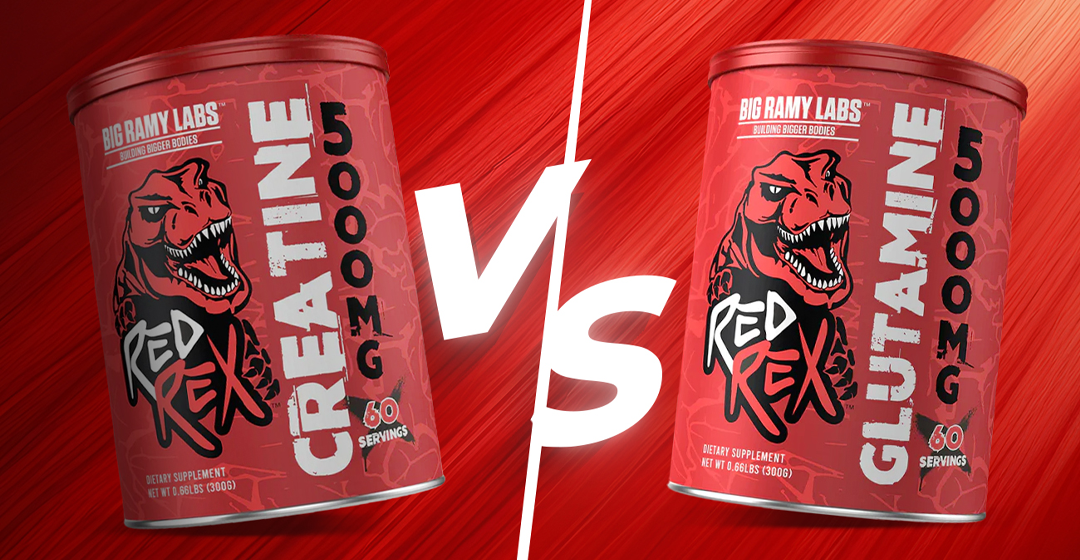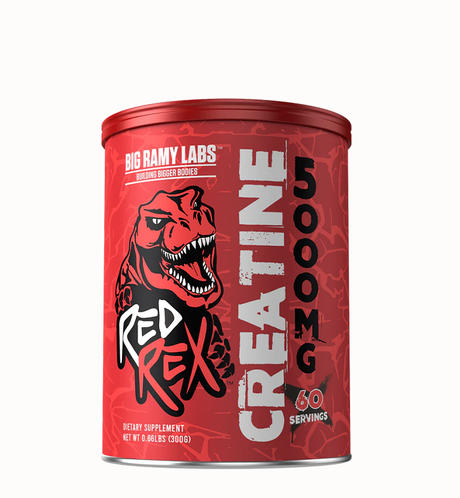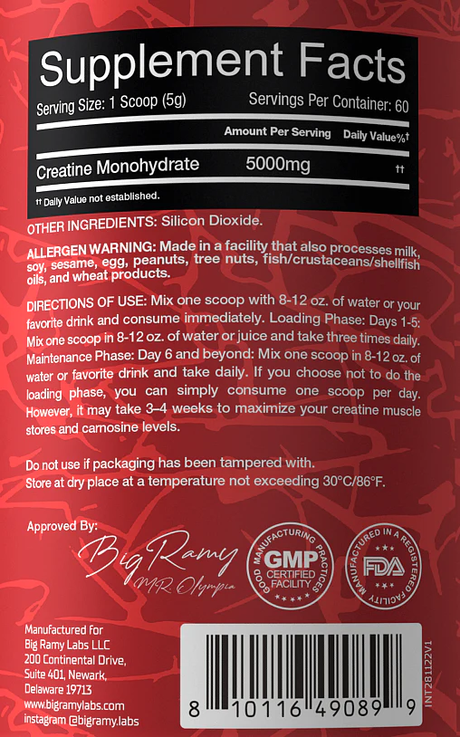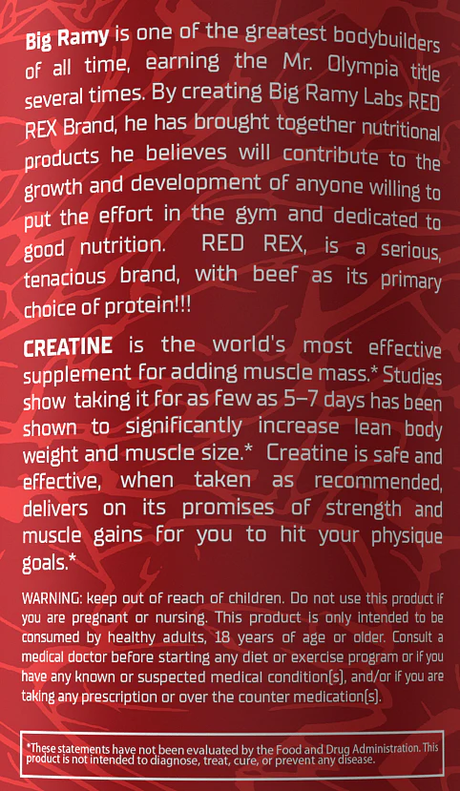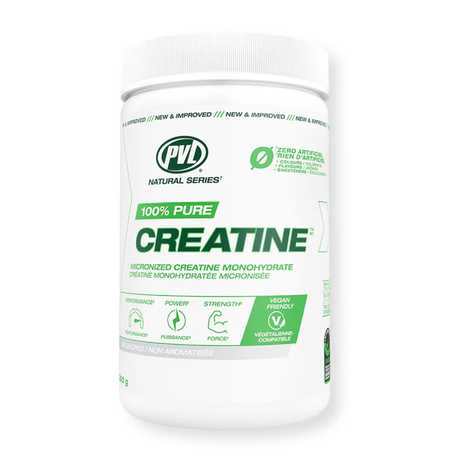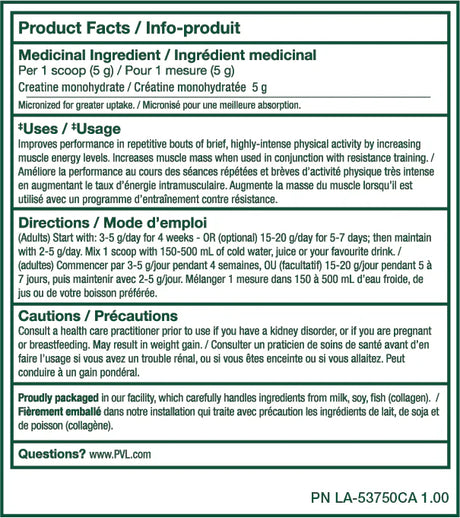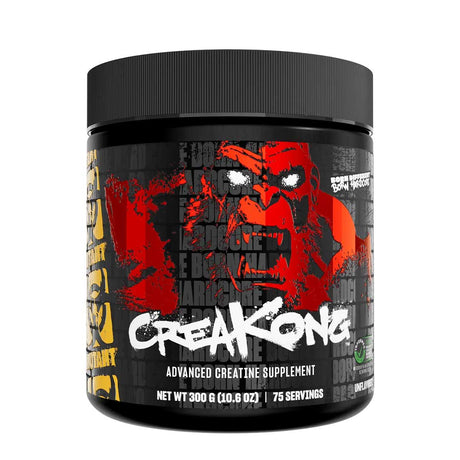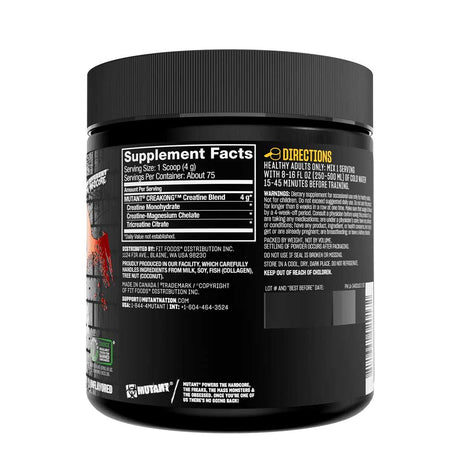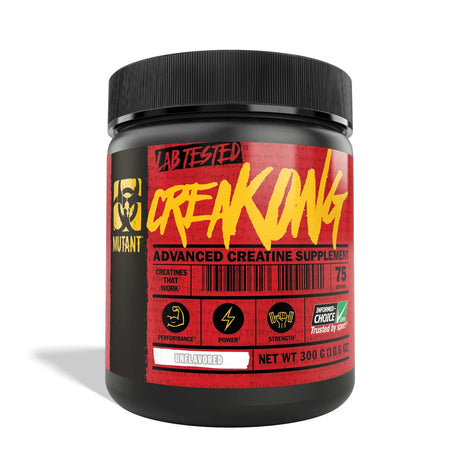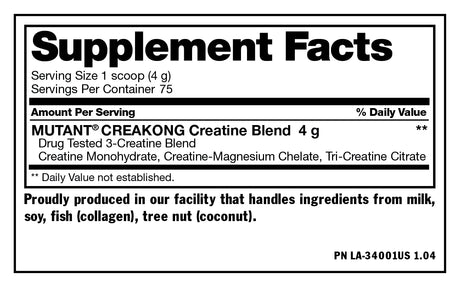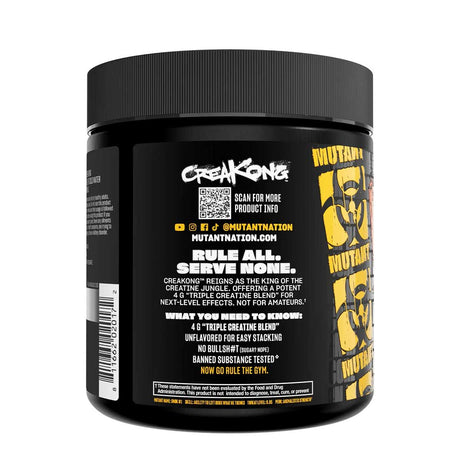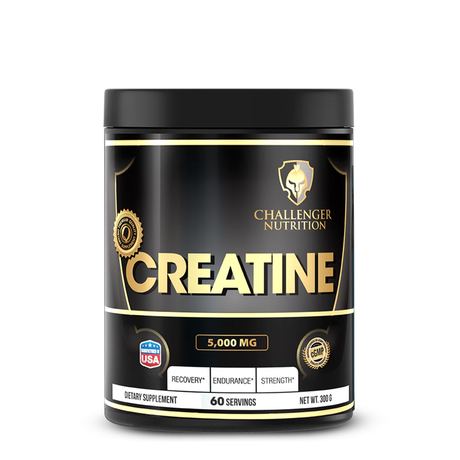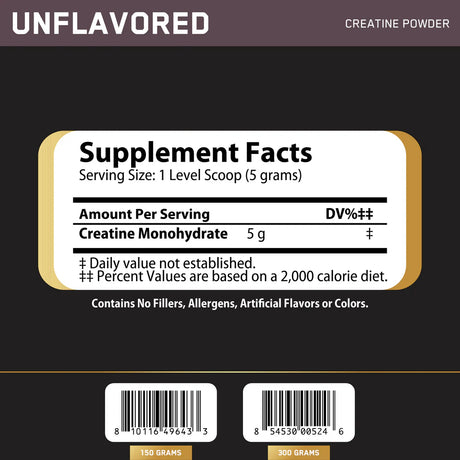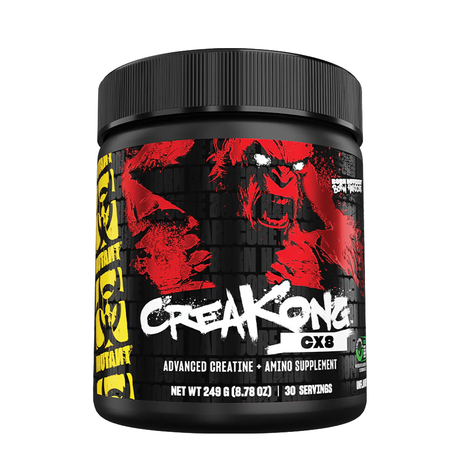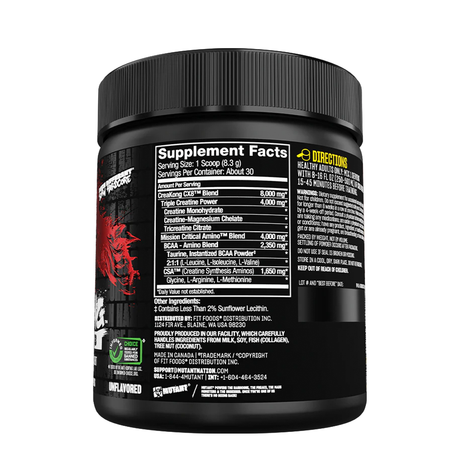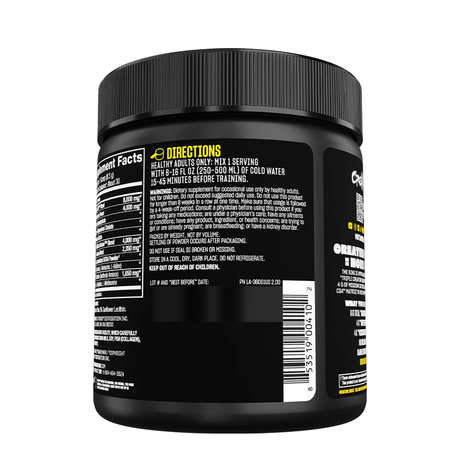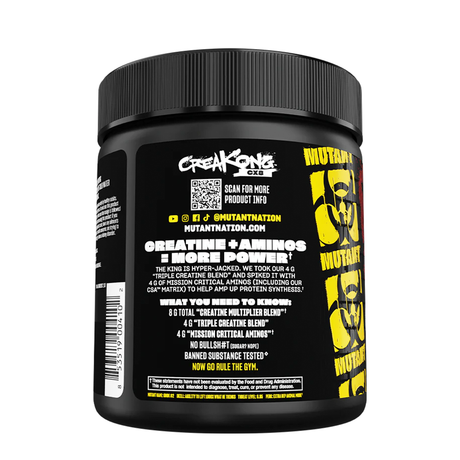Creatine and glutamine are two popular supplements used by athletes, bodybuilders, and fitness enthusiasts. Both play critical roles in performance and recovery, but they serve different purposes in the body. Understanding their differences can help you decide which one is most important for your goals.
What is Creatine?
Creatine is a naturally occurring compound found primarily in muscle cells. It is synthesized in the body from amino acids (arginine, glycine, and methionine) and stored in muscles as phosphocreatine. This stored energy is used to regenerate ATP (adenosine triphosphate), the primary energy currency of the body.
Benefits of Creatine:
- Improves Strength and Power: Enhances performance in high-intensity, short-duration exercises like weightlifting and sprinting.
- Supports Muscle Growth: Increases water content in muscle cells, promoting muscle volumization and indirectly aiding muscle growth.
- Reduces Fatigue: Speeds up recovery during and after workouts.
- Cognitive Benefits: Some research suggests it may improve brain function, especially in vegetarians or those with low dietary creatine intake.
When to Use Creatine:
Creatine is best for individuals focusing on strength training, explosive sports, or those aiming to build muscle mass.
What is Glutamine?
Glutamine is the most abundant amino acid in the body and plays a key role in protein synthesis, immune function, and gut health. While it is classified as a non-essential amino acid (meaning your body can produce it), supplementation may be beneficial in certain situations.
Benefits of Glutamine:
- Supports Recovery: Helps reduce muscle soreness and repair tissues after intense workouts.
- Boosts Immune System: Strengthens immune response, especially during periods of stress or overtraining.
- Improves Gut Health: Fuels intestinal cells and promotes gut barrier integrity.
- Preserves Muscle Mass: Useful during periods of calorie restriction or endurance training.
When to Use Glutamine:
Glutamine is ideal for endurance athletes, individuals under heavy training loads, or those recovering from illness or injury.
Key Differences Between Creatine and Glutamine
| Feature | Creatine | Glutamine |
|---|---|---|
| Primary Function | Energy production and strength boost | Recovery, immunity, and gut health |
| Type of Compound | Energy substrate | Amino acid |
| Best For | Strength, power, muscle growth | Recovery, endurance, immunity |
| Timing | Pre- or post-workout | Anytime, especially post-workout |
| Target Audience | Bodybuilders, sprinters, power athletes | Endurance athletes, those under stress |
Which One is Most Important?
The importance of creatine or glutamine depends on your fitness goals:
-
If your goal is strength and muscle growth: Creatine is the more critical supplement. It directly impacts energy production and allows you to lift heavier and train harder.
-
If your goal is recovery and endurance: Glutamine is more important, especially if you’re engaged in prolonged, high-volume training or need to support gut and immune health.
Should You Use Both?
Many athletes benefit from using both supplements, as they complement each other. Creatine enhances performance during workouts, while glutamine supports recovery afterward. Including both in your regimen can optimize overall performance and recovery.
How to Take Them:
- Creatine: 3–5 grams daily, preferably post-workout with a carbohydrate-rich meal.
- Glutamine: 5–10 grams daily, post-workout or before bed for recovery.
In summary, the choice between creatine and glutamine depends on your individual needs, but they can also work synergistically to support your fitness goals.

